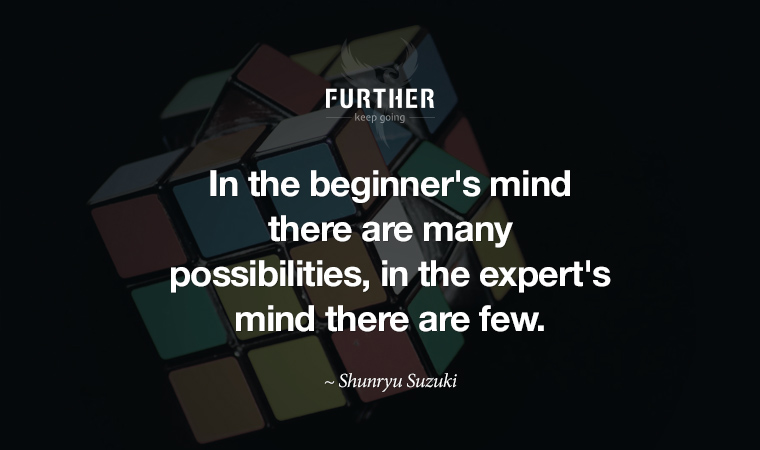
Keeping up in our 24/7/365 world is daunting. Change isn’t just the only constant; it’s also the in-your-face reality of our digital times.
While we Gen Xers are as tech-savvy as younger generations, we do have one disadvantage in responding to new challenges: we’ve spent roughly a half-century relying on our intellect to solve problems.
This works fine when there are only a couple of options to get from point A to point B; your brain loves a linear analytical problem. But in today’s explosion of novel opportunities, a fixed approach is the fastest way to get left behind.
So even if you’re an expert in your field — or maybe especially if you’re a pro — it’s best to let go of what you think you know when facing unfamiliar territory.
Flex your brain
The good news is your brain has plenty of cognitive capacity to embrace change by tapping into what physicist and author Leonard Mlodinow calls elastic thinking:
The capacity to let go of comfortable ideas and become accustomed to ambiguity and contradiction; the capability to rise above conventional mind-sets and to reframe the questions we ask; the ability to abandon our ingrained assumptions and open ourselves to new paradigms; the propensity to rely on imagination as much as on logic and to generate and integrate a wide variety of ideas; and the willingness to experiment and be tolerant of failure.
It’s easy to see the benefits of elastic thinking when you consider the opposite, which is “frozen thinking.” Believing there’s a set way to solve a novel challenge is a fast-track to irrelevancy.
Instead of forcing a particular way of thinking, sit back and let your younger self take the wheel. As a kid, new concepts were tackled not with intellect, but curiosity and wonder — the essential fuel of creativity and innovation.
Begin again
There are lots of ways to fire up your adaptive energy through elastic thinking, like meditating, daydreaming, or taking a walk. But cultivating a “Beginner’s Mind” (Shoshin, a Buddhist concept popularized by Shunryu Suzuki) can go beyond by helping the over-thinking expert in you relax.
Starting over as a beginner is simple:
- Lead with questions
- Go step-by-step
- Question what you know — and what you don’t
- Stop judging others and yourself
- Don’t be afraid to suck at something
None of this negates life experience, but it does ask you to drop preconceived notions and become more flexible in applying your know-how. Give your brain the space it needs to bounce around new ideas, and you’ll spring forward in your career — and life.
Elastic: Flexible Thinking in a Constantly Changing World (Farnam Street)
